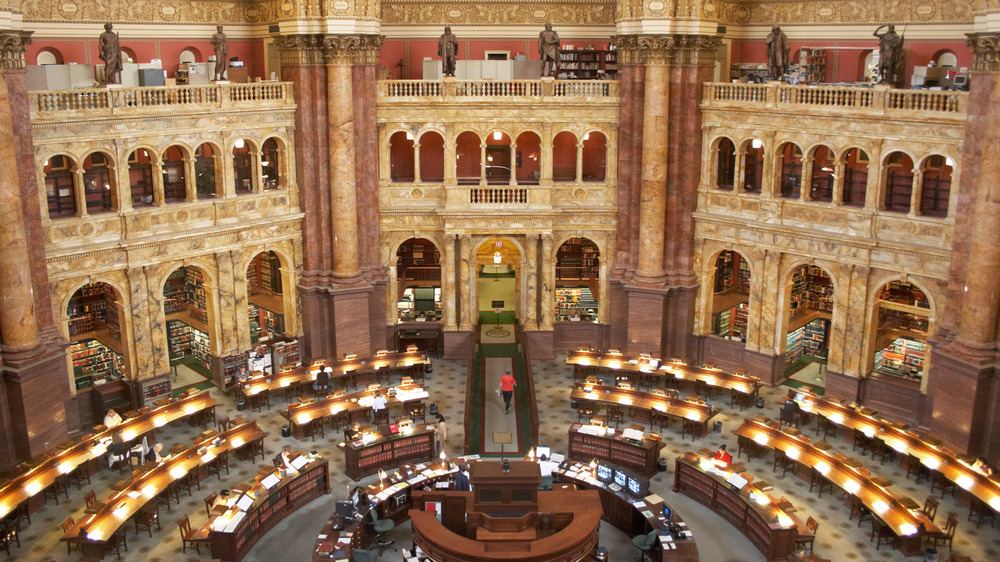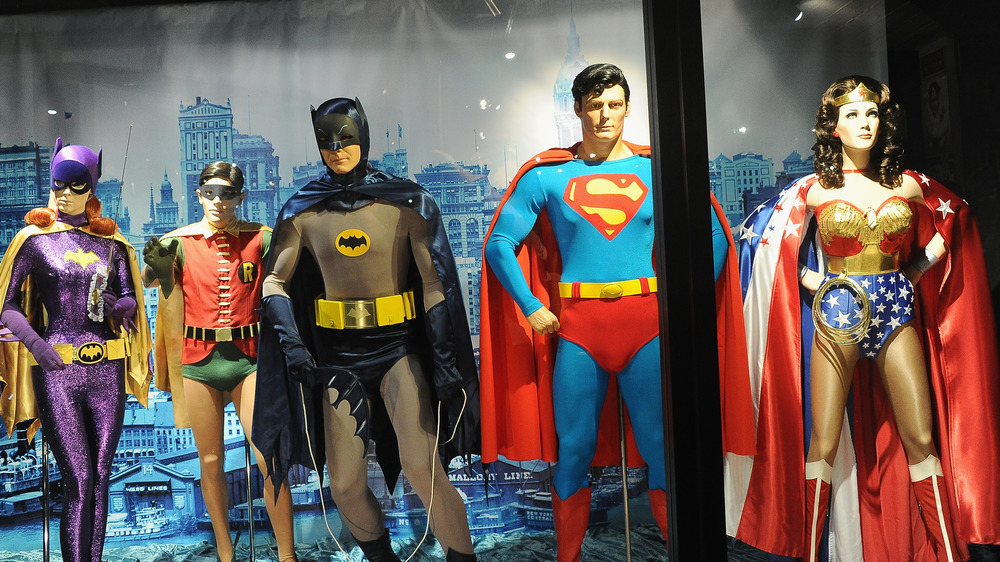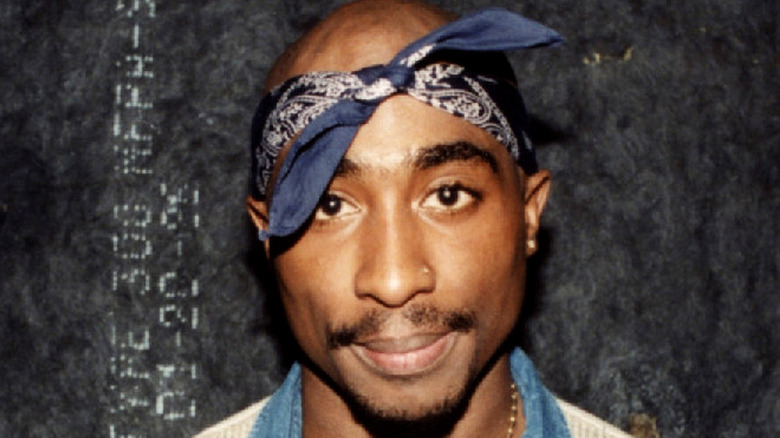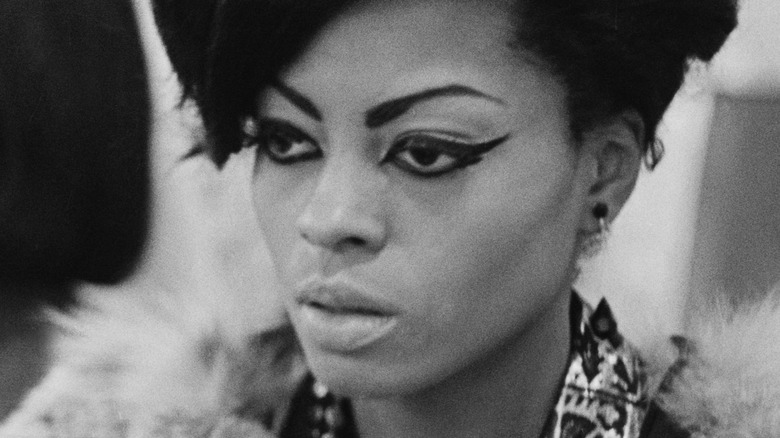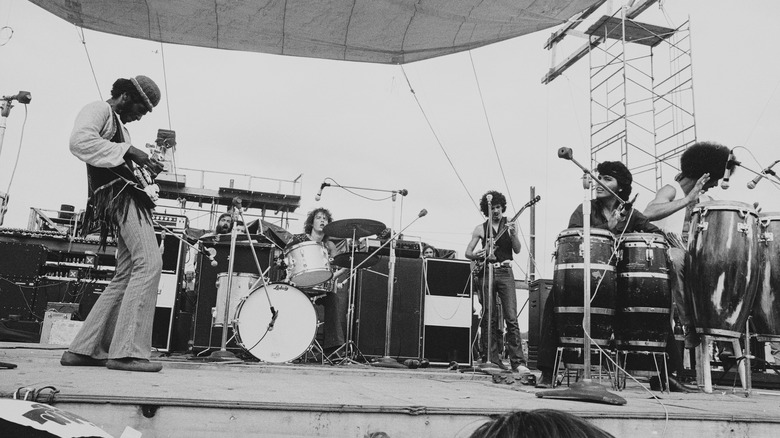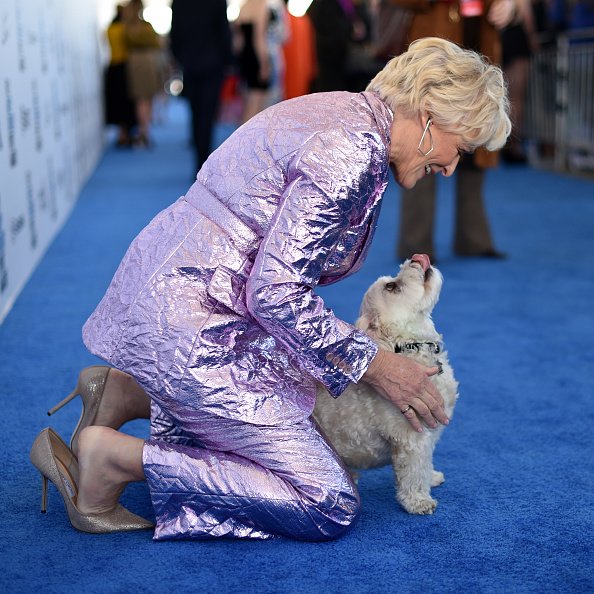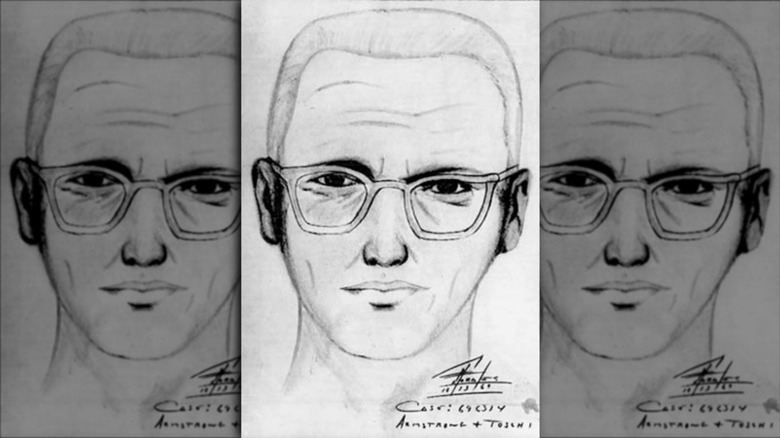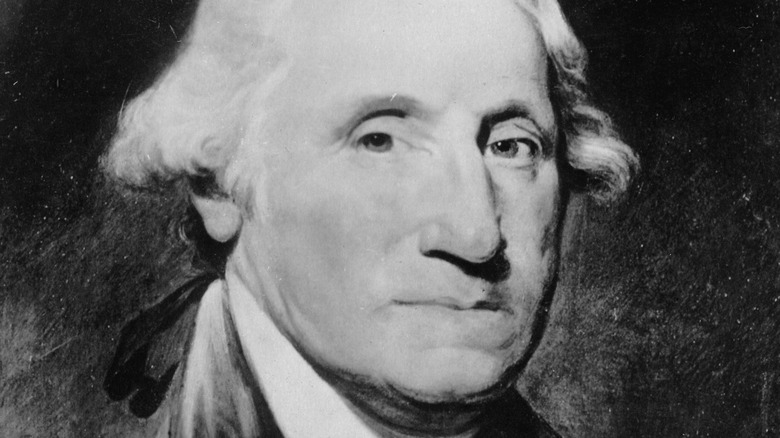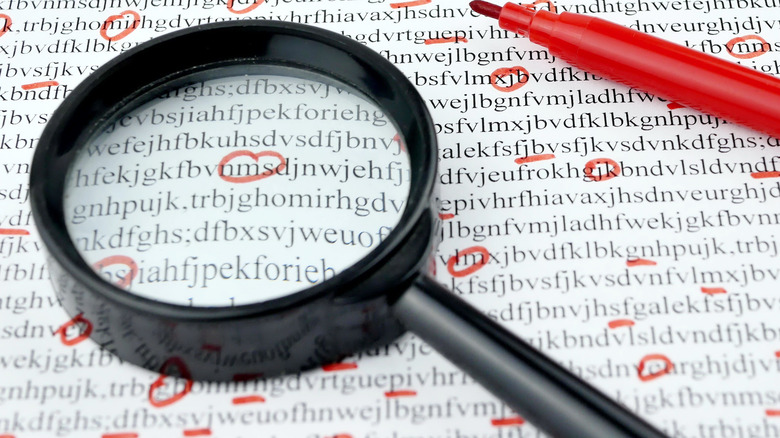
What You Didn’t Know About The Impressive Comics Collection Inside The Library Of Congress
When people think of the Library of Congress (LOC), the first thing that comes to mind is that it’s where one can see an original copy of the United States Constitution and one of the few remaining copies of the Gutenberg Bible. But, as the biggest library in the world, it houses more than historical, literary artifacts. You might be surprised to learn that the Library of Congress also houses one of the largest comic book collections.
First, some myths. Contrary to popular belief, the LOC does not have a copy of every book published in the United States. Most of the books, films, printed materials, maps, photographs, and audio files it keeps are donated or acquired. It receives thousands of new materials every day, though the bulk of these submissions comprises copyright filings.
One of these gifts is thousands of comic books, marking it the largest donation of comic books in the library’s history, reported Paste Magazine. And with this incredibly generous gift, it now has over 12,000 titles totaling over 140,000 issues, the Library of Congress said. The collection spans the beginning of comics in the 1930s to more recent times.
The LOC is the research arm of Congress, and since the legislative body can often deal with so many different topics, it has to acquire a variety of items to assist lawmaking and create a record of humanity’s creative achievements. This, of course, includes pop culture products like comic books.
A massive donation
In 2018, Stephen A. Geppi donated over more than 3,000 comic books and related paraphernalia like art prints, newspapers, pins, and buttons. Geppi, an entrepreneur and comic book collector, had a collection valued at several million dollars. It included mint-condition editions, including the first appearance of Superman.
According to Rare Book Hub, Geppi began collecting comic books in the 1970s. As a postal worker in Baltimore, he saw the potential of buying and selling comic books. So he quit his job and started Diamond Comic Distributors of Baltimore in 1974. It became the largest provider of comic books to newsstands and stores, and still distributes comics to this day. If you’ve ever bought a physical copy of a comic, it’s more than likely sent to the store by Geppi’s company.
Throughout his career, Geppi managed to amass a massive personal collection of comic books. Geppi’s collection not only includes the first appearances of today’s most beloved superhero and comic book characters; Rare Book Hub said it also features original printing blocks of The Yellow Kid, one of the first continuing newspaper comics ever made, as well as storyboards for one of the first animated shorts to star Mickey Mouse. The collection represents a wide range of titles from the different ages of comics: the Golden age between 1938-1956, the Silver age (1956-1970), and the Bronze age (1970-1985), chronicling changes in social norms in the country through its pages.
It has the first Batman
Beyond the Geppi collection, the Library of Congress houses other comic books, possibly including ones that creators hoped you’d forget existed. The majority of the library’s comic books are from the 1940s, and many are in English, although there are several foreign publications included.
The collection is mainly printed forms of comic books, along with special collected editions, microfiches of older comics, and digital copies. The Library has a copy of Famous Funnies No. 1, the first-ever comic sold on newsstands. It also has Detective Comics No.1, which debuted characters like Batman. And if you didn’t know, Detective Comics went on to become DC Comics. It also has the first issues featuring Spider-Man, so it isn’t just DC; Marvel features heavily in the collection as well.
The LOC has a fair amount of manga, though it usually takes English translations and foreign adaptations of popular American stories. It keeps copies of independent comics, even those considered risque at the time, like underground comics. These days, the Library also has an agreement to acquire independently published comics that aren’t usually registered via copyright.
The Library of Congress holds many impressive things, and since comic books track how America’s changed in the past few years, it makes sense that the most extensive library in the world also has one of the best comic book collections, too.

Most Dangerous Guns In The World
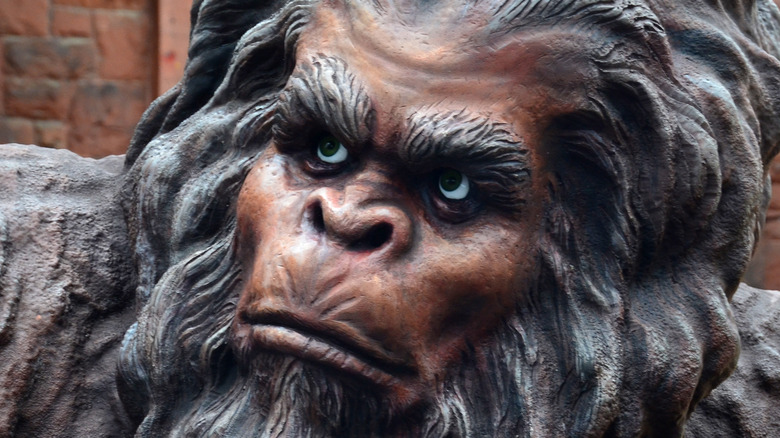
Bigfoot: What You Need To Know When Hunting For Sasquatch

How One Person Managed To Escape A North Korean Prison Camp

The Legend Of The Menehune: Hawaii's Mythical Progenitors

This Is What Makes The Hammerhead Worm So Horrifying

Here's How Much Shawn Michaels Is Actually Worth Today
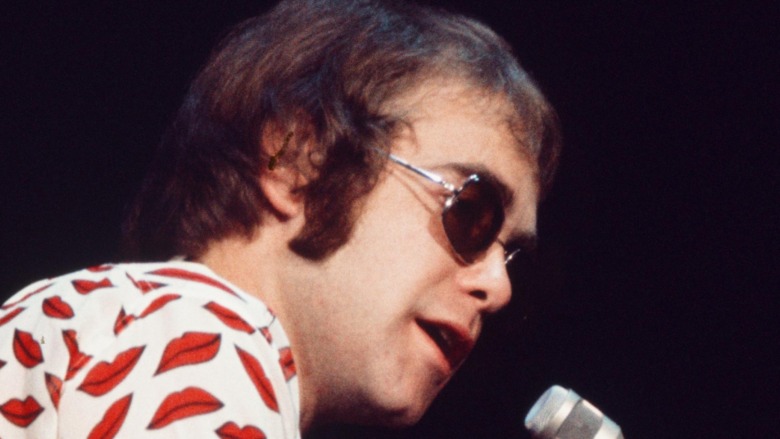
The Bet Elton John Made With John Lennon

The Real Reason The Fugees Broke Up

What The Last Year Of Patrick Swayze's Life Was Really Like
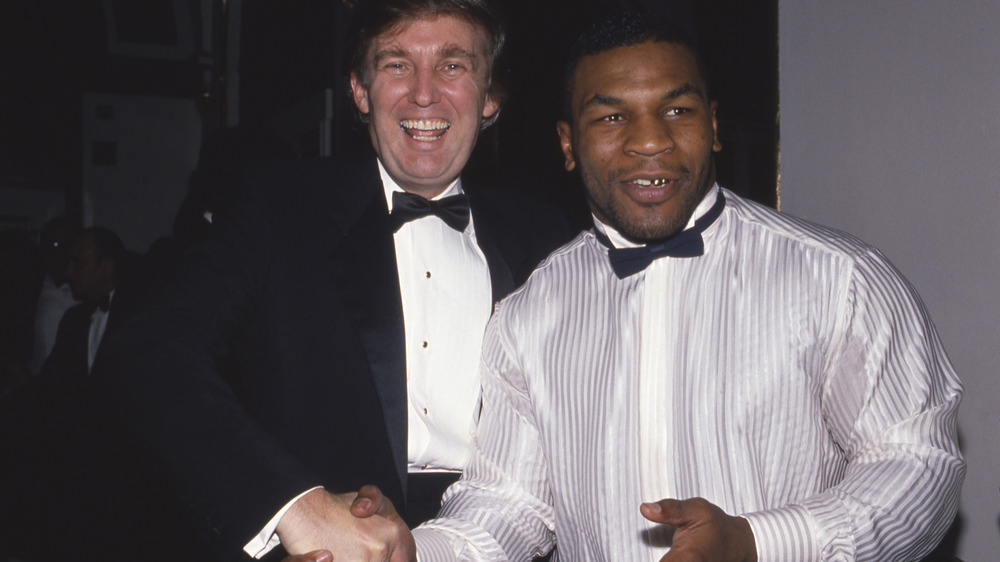
The History Of Mike Tyson And Donald Trump's Unlikely Relationship
